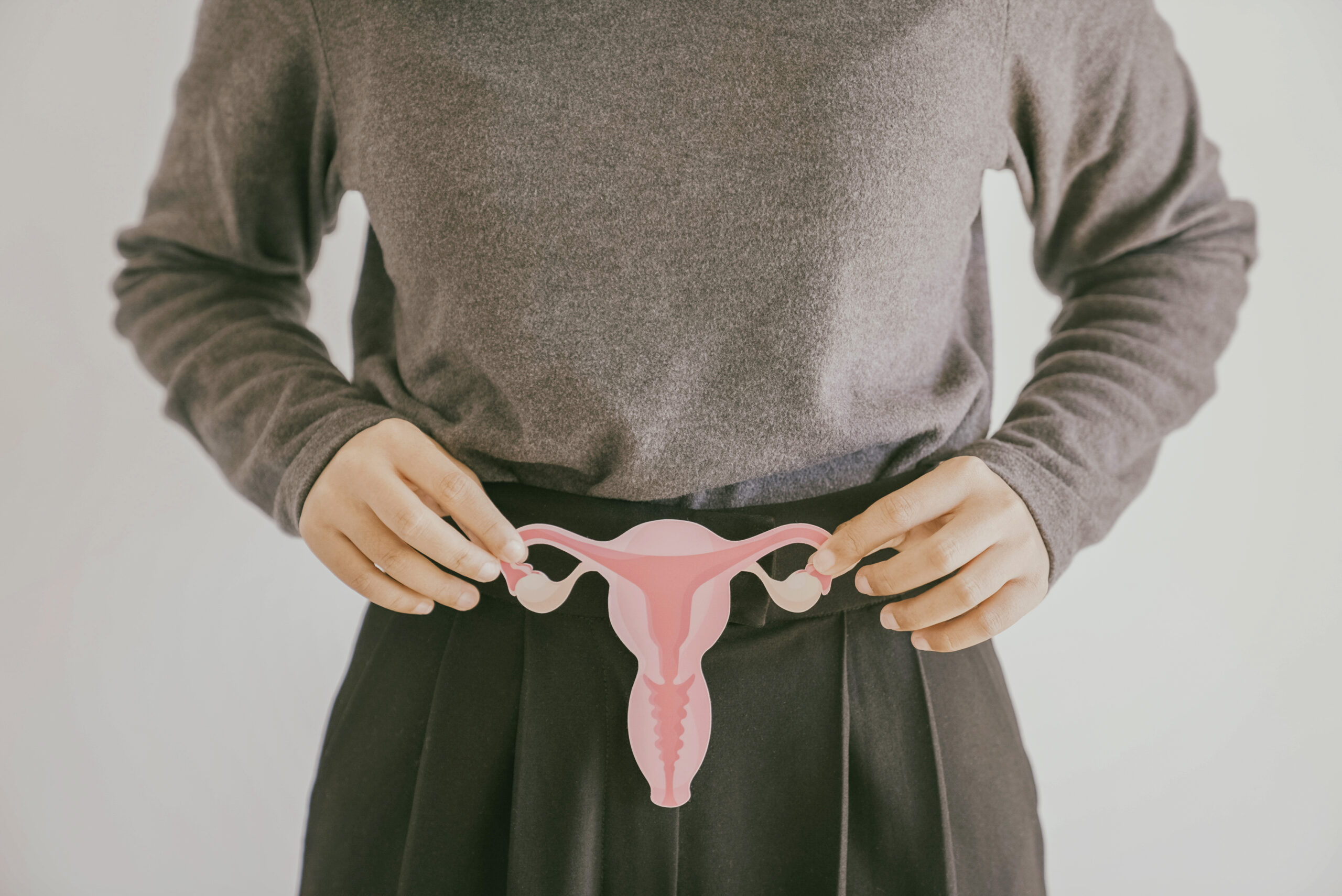Infertility is a condition that affects people of all ages, genders, races and socioeconomic statuses. It affects women and men almost equally, about 11% of women and 9% of men.
If you and your partner need medication for infertility, you can learn about your options here. We’ll go over some of the most common causes of infertility and what types of infertility treatments might work best for you, like trigger shots.
What are some of the top causes of infertility in women and men?
Several causes of infertility can benefit from professional treatment and medication. Many people attribute infertility to women, but many cases can be attributed to the man or both partners. Here are a few of the most common causes in men and women:
- Polycystic ovary syndrome (PCOS) — PCOS is a condition that involves abnormal male hormone production. People with PCOS develop small cysts on their ovaries. Not everyone with PCOS develops cysts on their ovaries, but many do. Although the cause of PCOS isn’t well known, many experts believe it has to do with insulin resistance, family history and environmental factors. It can lead to abnormal period cycles, excess hair growth, acne and other symptoms.
- Unexplained infertility — Not every case of infertility has a clear cause. Sometimes, couples deal with unexplained infertility. This infertility may be more challenging to treat because the root is unknown. However, many couples still benefit from infertility treatment.
- Low sperm count and low sperm motility — This refers to having too little sperm or sperm that isn’t strong enough to move toward the fallopian tubes. Most fertile men have high sperm counts and motile sperm, which increase the chances of one ultimately fertilizing the partner’s egg.
- Hormone imbalances — Hormone imbalances can affect both male and female fertility. Low testosterone and androgen levels can affect sperm quality in men. Too much testosterone can lead to conditions like PCOS in women.
What options do you have for infertility medication?
Infertility medication can improve a couple’s chances of conceiving. In-person infertility treatments may prove helpful for some but aren’t always realistic for everyone. Barriers to access like transportation, geographical location and cost can make in-person appointments with an infertility specialist less than ideal. That’s where virtual infertility treatment comes in. Virtual treatment can be a great alternative to in-person sessions for couples who need infertility medication.
Consultations can be performed remotely. Many of the most common infertility treatments and medications can also be administered from home. Here are your options for remote infertility treatment and medication:
- Ovulation induction and ovarian stimulation — Ovulation induction and ovarian stimulation are a type of infertility medication that is administered via oral medication or injection. These treatments may benefit women experiencing delayed ovulation and egg release.
- Trigger shots — Trigger shots are a type of infertility medication that can supplement ovulation induction and ovarian stimulation. They contain a hormone called human chorionic gonadotropin (HCG) that may help release eggs during ovulation. These trigger shot injections can be performed at home or in a nearby medical office.
- Male infertility treatment — Male infertility can also be treated with medication. Infertility medication can improve sperm counts and improve any imbalances in hormones that may contribute to issues with conceiving.
- Thyroid treatment and management — Thyroid-related infertility can also be managed remotely with medication. An infertility specialist can monitor your thyroid levels. They’ll treat hormone imbalances to stimulate healthy ovulation.
- In vitro fertilization — In cases of unexplained infertility, in vitro fertilization may be beneficial. IVF injections can be performed from the comfort of your home, and initial consultations can be done via videoconferencing.
Fertility Cloud can provide you with the infertility medication you need
At Fertility Cloud, we value shared experiences. We want to help you navigate your struggles and celebrate your victories. Our team of experienced medical providers is dedicated to providing you with professional care. Through every step of the way, we’ll do our very best to ensure your comfort and provide the medication you need.
At Fertility Cloud, everything is done remotely, from your communication with your doctor to your fertility tests. Appointments are conducted virtually via live videoconferencing. All that’s required of you is either a computer, smartphone or tablet to join the call.
We understand that getting the infertility treatment you need can be challenging. That’s why we’ve selected some of the best reproductive endocrinology specialists. Our team can provide you with easily accessible digital services. Each one of our doctors is board-certified and state licensed.
Are you seeking more information on what types of infertility medications may work best for you? Maybe you want to know how they can help patients who need infertility treatment. We can provide the treatment you need. Our team of infertility specialists is well equipped to provide our patients with treatment that helps them reach their fertility goals. We’ll do our best to help you and your partner become pregnant and address the root source of your infertility. Let us be the ones to help you.
Contact our team by phone today for more information or book an initial appointment online with a fertility specialist.








